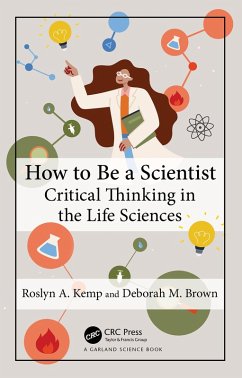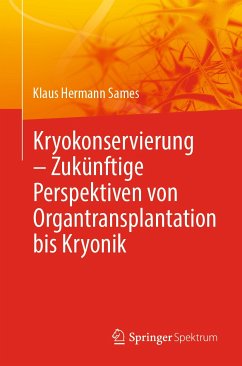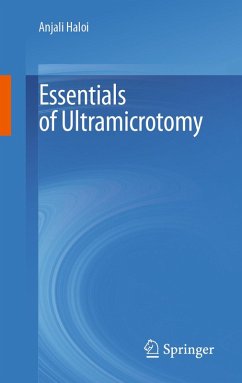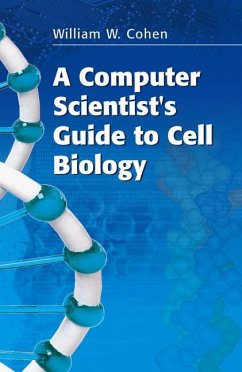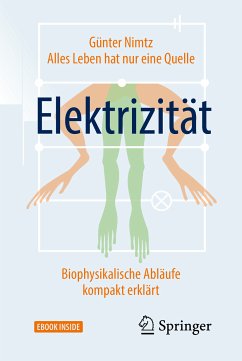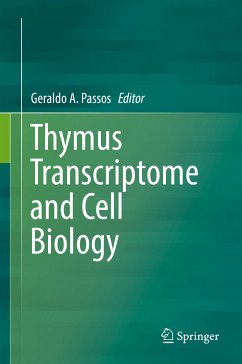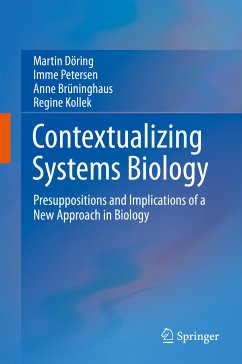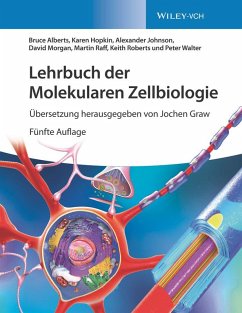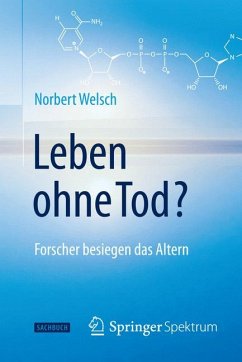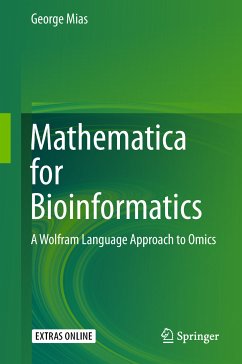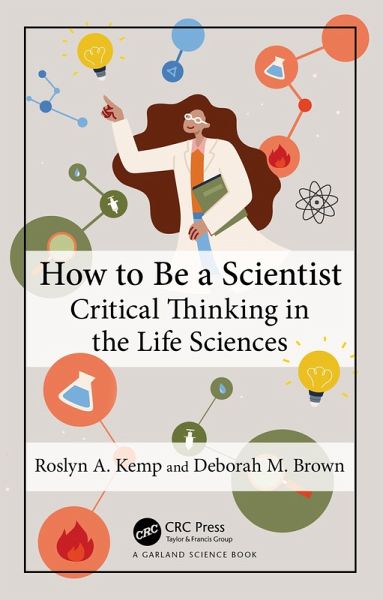
How to Be a Scientist (eBook, PDF)
Critical Thinking in the Life Sciences
Versandkostenfrei!
Sofort per Download lieferbar
37,95 €
inkl. MwSt.
Weitere Ausgaben:

PAYBACK Punkte
19 °P sammeln!
Many undergraduate students choose a science degree but are not aware of how science and research work in the real world. We explain the processes of collecting, sharing and, most importantly, critical analysis of scientific research, with a focus on the life sciences. This book explains how scientific research is conceived, carried out and analysed. It outlines how research findings are constantly evolving and why that is exciting and important. Students using this textbook will learn how to design experiments, explain their data and analyse and interpret the work of others. They will learn t...
Many undergraduate students choose a science degree but are not aware of how science and research work in the real world. We explain the processes of collecting, sharing and, most importantly, critical analysis of scientific research, with a focus on the life sciences. This book explains how scientific research is conceived, carried out and analysed. It outlines how research findings are constantly evolving and why that is exciting and important. Students using this textbook will learn how to design experiments, explain their data and analyse and interpret the work of others. They will learn to think about broader aspects of science, such as bias and ethics. They will gain practical skills, including understanding the use of statistical tests and how to prepare an effective presentation. Active individual and class exercises provide opportunities for students to think about difficult concepts in science and research and to include their own perspectives.
Key Features:
Related Titles:
Barrass, R. Students Must Write: A Guide to Better Writing in Coursework and Examinations, 3rd ed. (ISBN 978-0-415-35826-2)
Zlatanova, J. What Is Science?: Myths and Reality (ISBN 978-0-367-46523-0)
Walters, D. E. & G. C. Walters. Scientists Must Speak, 2nd ed. (ISBN 978-1-4398-2603-4)
Barrass, R. Scientists Must Write: A Guide to Better Writing for Scientists, Engineers and Students, 2nd ed. (ISBN 978-0-415-26996-4)
Key Features:
- Encourages discussion and critical thinking using individual and class exercises
- Provides real-world examples and context for difficult concepts
- Allows students to assess their understanding with practical exercises and examples
- Documents a variety of career options and opportunities from studying science
- Permits students to advocate for science with suggestions for creating and sharing research
Related Titles:
Barrass, R. Students Must Write: A Guide to Better Writing in Coursework and Examinations, 3rd ed. (ISBN 978-0-415-35826-2)
Zlatanova, J. What Is Science?: Myths and Reality (ISBN 978-0-367-46523-0)
Walters, D. E. & G. C. Walters. Scientists Must Speak, 2nd ed. (ISBN 978-1-4398-2603-4)
Barrass, R. Scientists Must Write: A Guide to Better Writing for Scientists, Engineers and Students, 2nd ed. (ISBN 978-0-415-26996-4)
Dieser Download kann aus rechtlichen Gründen nur mit Rechnungsadresse in A, B, BG, CY, CZ, D, DK, EW, E, FIN, F, GR, HR, H, IRL, I, LT, L, LR, M, NL, PL, P, R, S, SLO, SK ausgeliefert werden.




